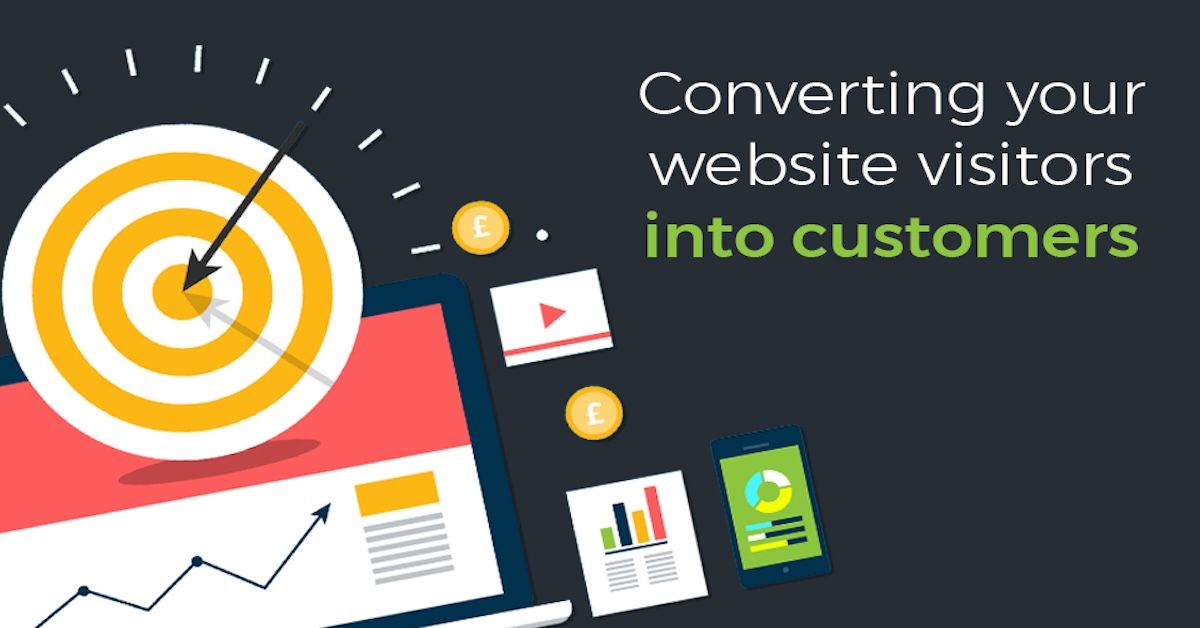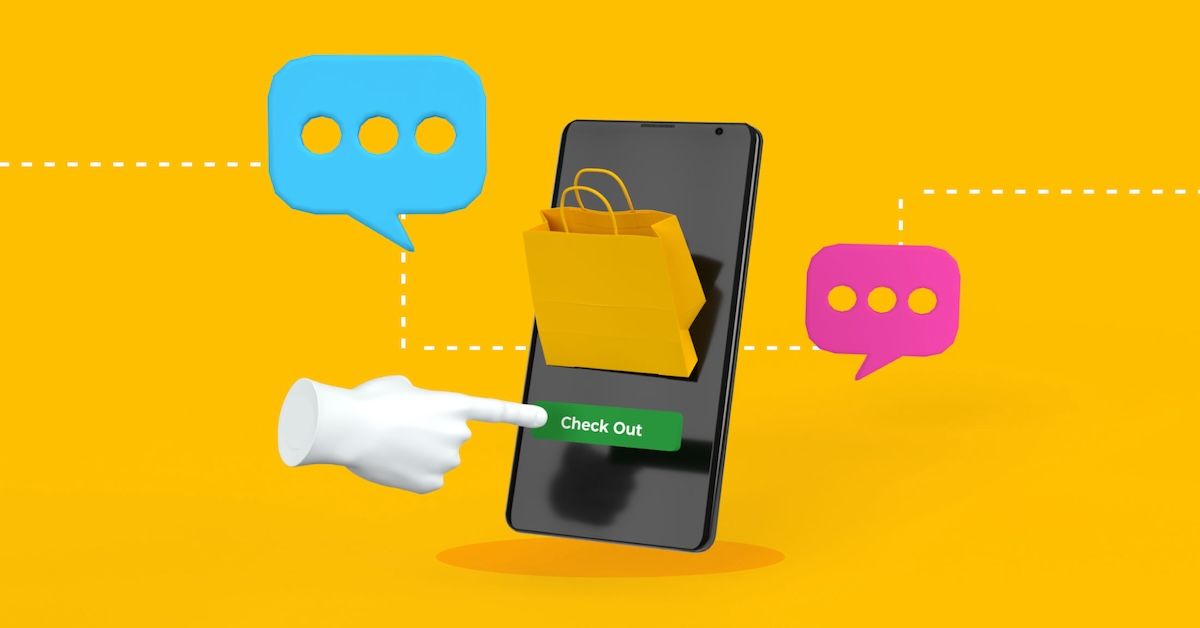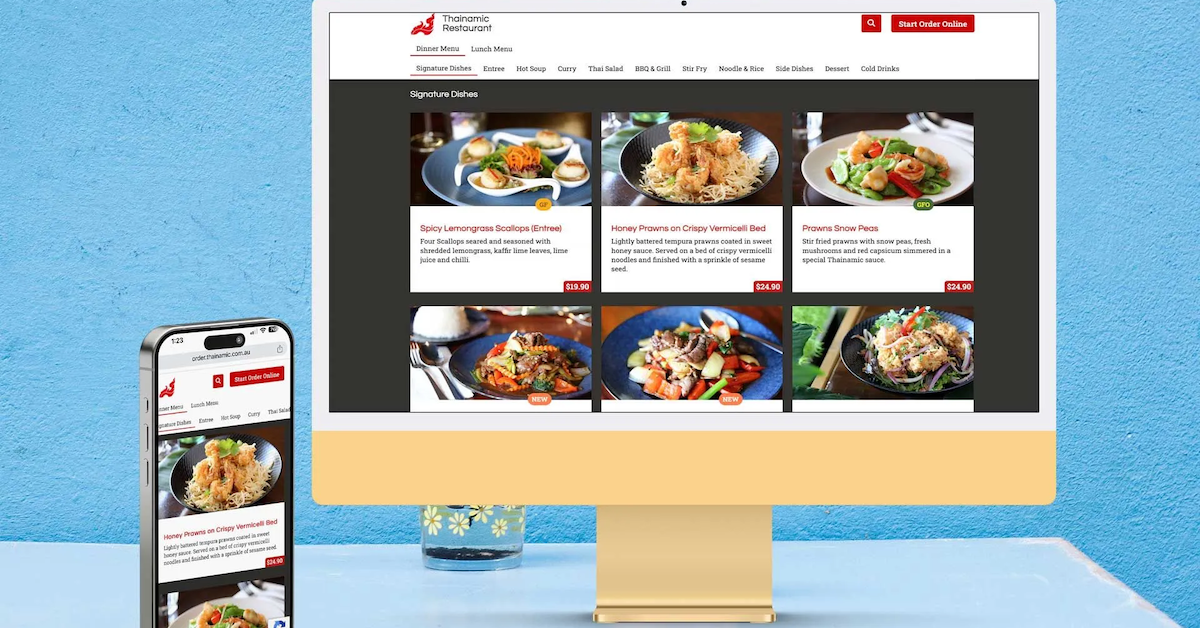How Does a Managed Messaging Service Enhance Customer Engagement?
In today’s fast-paced world, businesses need to stay connected with their customers in real time. Traditional communication methods are often too slow or inefficient to meet the demands of modern consumers. This is where a managed messaging service can make all the difference. By streamlining communication, enhancing responsiveness, and offering personalized experiences, managed messaging services help businesses create lasting relationships with their customers.

What is a Managed Messaging Service?
A managed messaging service refers to a centralized platform that handles all forms of customer communication—whether it’s SMS, email, social media, live chat, or messaging apps. Rather than managing multiple communication channels separately, a managed service brings everything together, enabling businesses to interact with their customers across all touchpoints through one unified system. These services often incorporate automation and AI-driven tools, allowing businesses to respond quickly, efficiently, and effectively. By using a managed messaging platform, companies can ensure no message goes unnoticed and that every customer interaction is tracked for better follow-up and engagement.
Timely Communication Boosts Customer Engagement
One of the most valuable aspects of a managed messaging service is its ability to provide immediate responses to customer inquiries. Today’s customers expect instant gratification, especially when they’re dealing with issues or seeking information. If a business fails to respond quickly, they risk losing a potential customer to a competitor. Managed messaging services are designed to reduce response times and ensure customers receive timely replies. With automation in place, many common customer queries can be addressed instantly, whether it’s confirming an order, providing account information, or answering frequently asked questions. For more complex issues, businesses can still ensure a timely human response, maintaining the momentum and engagement.
The ability to provide round-the-clock availability is another advantage. With a managed messaging service, businesses can interact with customers even outside of regular working hours. Whether it’s addressing an inquiry late at night or providing support on the weekend, having a system that works 24/7 is a huge asset. This availability not only improves customer satisfaction but also demonstrates that the business values its customers' time.
Personalization: Connecting on a Deeper Level
In the age of information, customers expect a personalized experience, and managed messaging services excel at delivering that. Instead of sending generic, one-size-fits-all messages, businesses can customize their interactions based on customer data. Through CRM (Customer Relationship Management) integration, managed messaging platforms can pull up detailed customer profiles and allow businesses to tailor their communication to individual preferences and needs.
For example, a customer may receive product recommendations based on their previous purchases, or a special offer might be sent on their birthday. This level of personalized engagement goes a long way in building customer loyalty. It makes customers feel valued and understood, which is crucial for retention in today’s competitive market. Personalization, when done right, can turn an average transaction into a memorable experience, making customers more likely to return.
Seamless Communication Across Multiple Channels
One of the key benefits of a managed messaging service is its ability to unify all communication channels. Whether customers prefer texting, emailing, or using social media platforms like Facebook or Instagram, they can engage with the business through the channel they’re most comfortable with. What’s even more powerful is that a managed service centralizes all these conversations into one platform, so customer service representatives can access and respond to messages from any channel seamlessly.
This consistency in communication helps businesses maintain a unified brand voice, regardless of the platform. It also ensures that no message gets lost in the shuffle, even if a customer switches from one channel to another. By managing all conversations from one place, businesses can reduce the risk of missed messages, duplicate responses, and miscommunication, which are often common problems when multiple communication channels are used independently.
Building Customer Loyalty with Consistent Engagement
Customer engagement doesn’t stop with a single interaction. In fact, the most successful businesses are those that continually engage with their customers in meaningful ways. Managed messaging services help with this ongoing engagement by sending proactive messages that encourage customers to return. For example, reminders about upcoming sales, new product launches, or personalized discounts based on previous behavior can all be delivered directly to the customer’s phone or inbox.
By maintaining constant, relevant communication, businesses can turn first-time customers into repeat buyers. In addition, regular engagement through managed messaging can help reinforce customer loyalty. Loyalty programs, event reminders, and post-purchase follow-ups are just a few examples of how businesses can use these platforms to stay connected and build long-term relationships with their customers.
Cost-Effective and Scalable Communication Solution
For many businesses, especially smaller ones, managing customer communication can be a major expense. A managed messaging service provides a cost-effective solution by reducing the need for a large in-house customer service team. With automation tools handling routine inquiries, businesses can allocate their resources more efficiently, focusing on more complex tasks that require human intervention.
Additionally, managed messaging services are highly scalable. As a business grows, so does the volume of customer interactions. Managed messaging platforms can easily scale to handle increased traffic, allowing businesses to maintain high-quality engagement without a significant increase in operating costs. This scalability ensures that businesses can grow their customer base without sacrificing the quality of service they provide.
Tracking Engagement and Measuring Success
One of the most valuable features of managed messaging services is the ability to track and measure customer engagement. With built-in analytics tools, businesses can see how well their messaging efforts are performing. Metrics like response time, customer satisfaction ratings, and engagement rates are all available for analysis, allowing businesses to continuously improve their communication strategies.
These insights can guide decisions on which messages resonate most with customers, what types of content drive conversions, and which channels are the most effective. By continuously analyzing these metrics, businesses can refine their messaging tactics and improve customer satisfaction, ultimately increasing engagement and boosting sales.
Conclusion
In today’s fast-paced digital world, customer engagement is essential for the success of any business. Managed messaging services offer a powerful solution to enhance communication, reduce response times, and provide personalized, seamless experiences for customers. These services not only improve customer satisfaction but also drive loyalty, increase sales, and provide valuable insights for continuous improvement.
If you're looking to enhance your customer engagement strategy and improve your communication efforts, NorthShore Loyalty offers managed messaging services that can help elevate your customer experience. Their expert team can guide you through the process of implementing a messaging service tailored to your business needs, ensuring that your customers stay engaged, satisfied, and loyal.
Our Recent Post










